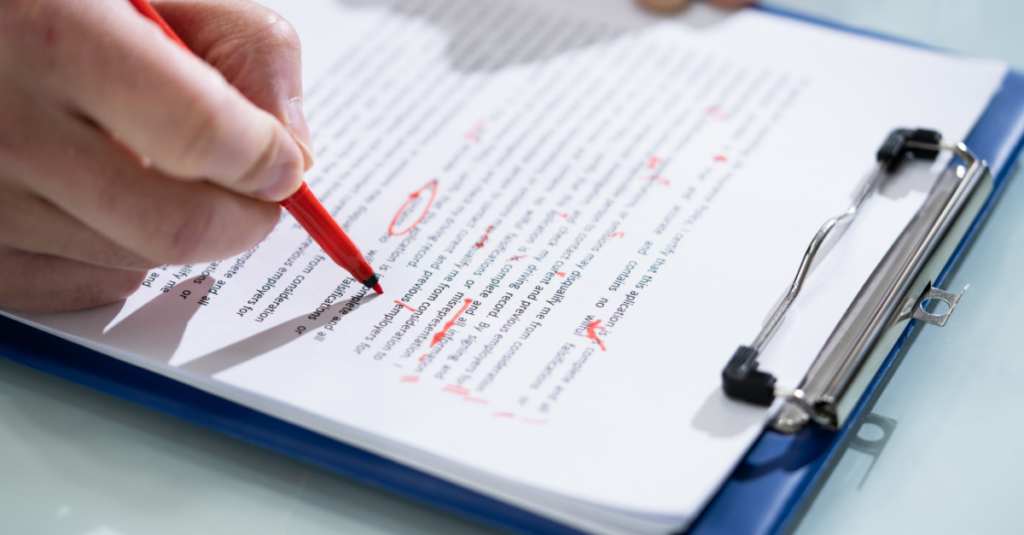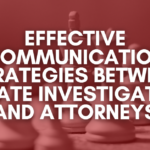In the competitive world of civil litigation, defense attorneys and insurance companies that insure doctors and hospitals need every advantage they can get. One of the most effective tools for discrediting plaintiff experts is the deposition transcript. These transcripts offer a wealth of information that can be used to challenge the credibility and reliability of opposing experts, ultimately aiding in the defense of a case.
What are Deposition Transcripts?
Deposition transcripts are detailed records of the sworn testimony given by witnesses during pre-trial depositions. They capture every question asked and every answer provided, creating a comprehensive account of the witness’s statements. For defense attorneys, these transcripts are invaluable for several reasons:
- Inconsistency Detection: Comparing deposition transcripts with other statements and reports allows defense attorneys to spot inconsistencies. Highlighting these discrepancies during trial can significantly undermine the expert’s credibility.
- Bias Exposure: Transcripts can reveal biases that might not be evident in written reports. Defense attorneys can analyze the language and demeanor of the expert during the deposition to uncover any partiality that could affect their objectivity.
- Qualification Scrutiny: Deposition transcripts provide a deeper look into the expert’s qualifications and experience. Defense attorneys can use this information to question the expert’s credentials, potentially uncovering gaps or exaggerations.
- Methodology Challenges: The transcripts offer detailed insights into the methodologies used by plaintiff experts. This allows defense attorneys to challenge the validity and reliability of the expert’s conclusions, presenting alternative methodologies or highlighting flaws in the expert’s approach.

The Importance of Comprehensive Background Checks
In addition to analyzing deposition transcripts, conducting thorough background checks on plaintiff experts is crucial. These checks can uncover any disciplinary actions, past litigations, or professional misconduct that could further discredit the expert. A detailed background check ensures that defense attorneys have a complete understanding of the expert’s professional history, providing additional ammunition for cross-examination.
Why Insurance Companies Should Take Notice
Insurance companies that insure doctors and hospitals have a vested interest in the outcome of malpractice claims. By helping defense attorneys discredit plaintiff experts, these companies can reduce liability, lower settlement amounts, and protect the financial stability and reputation of their insured clients. Partnering with specialized investigation firms ensures that defense attorneys have access to the critical information needed to effectively challenge plaintiff experts.
Leveraging Expertise for Optimal Defense
Deposition transcripts are a powerful tool in the defense attorney’s toolkit. By meticulously analyzing these documents and conducting comprehensive background checks, defense attorneys can uncover critical weaknesses in the testimony of plaintiff experts. This not only strengthens the defense case but also helps maintain the integrity and financial health of insured clients.
For defense attorneys and insurance companies seeking to gain a competitive edge in litigation, partnering with a specialized investigation firm that understands the nuances of deposition transcripts and expert discrediting is a strategic move.










